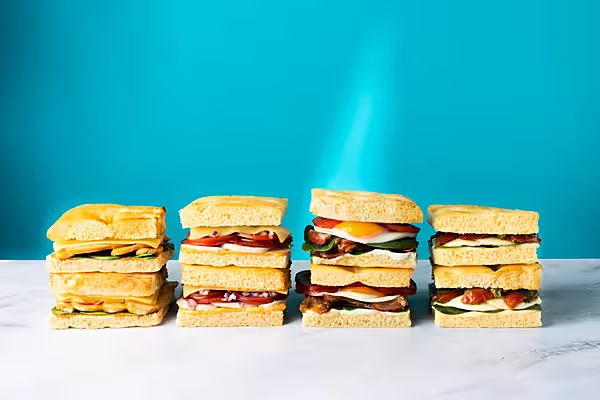British retailers reported a reasonable start to 2025 after a disappointing 2024 but remain concerned about rises in employment costs in April and broader inflation pressures, a trade body said on Tuesday.
The British Retail Consortium (BRC) said January retail spending was 2.6% higher than a year earlier, well above the average growth of 0.8% over the past 12 months.
Separately, Barclays reported that January consumer spending was up 1.9% on the year – the most since March – despite its gauge of consumer sentiment sinking to its lowest since it started measuring it in April.
BRC chief executive Helen Dickinson said, “January sales kicked off a solid month for retail.
“While the bouts of stormy weather put a temporary dampener on demand, sales growth held up well throughout the rest of the month.”
However, Dickinson added that retailers faced £7 billion of extra costs later this year due to increased employer social security contributions, a higher minimum wage and a new packaging levy.
She said, “Many businesses will be left with little choice but to increase prices, and cut investment in jobs and stores.”
The Year Ahead
Most of the UK’s biggest retailers – including Tesco, Next and Marks & Spencer – have flagged a tougher year ahead as employer tax increases and their potential impact on prices and employment filter through the economy.
Official data showed retailer spending – excluding automative fuel – rose by an annual 1.3% in the final quarter of 2024, but that the volume of goods sold dropped by 2.0% after adjusting for inflation.
Sainsbury’s – Britain’s second-largest supermarket chain – has said it plans to reduce its headcount by over 3,000 roles to counter what it called a “particularly challenging cost environment.”
Last week, the Bank of England forecast consumer price inflation would pick up to around 3.7% by the middle of the year from 2.5% in December, and also predicted higher unemployment.
January’s BRC figure was partly boosted by a weak reading a year earlier and was also down from a December reading of 3.1% which was artificially boosted by the timing of Black Friday discounts in 2024 compared with 2023.
Read More: UK Sees Growth In Food Retail As Consumers Battle Costs By Cooking – NIQ





